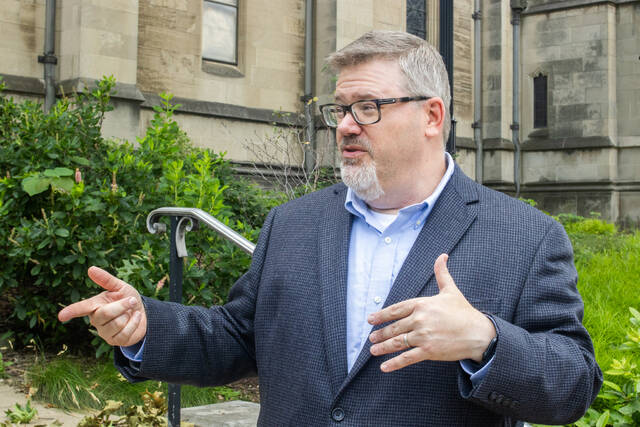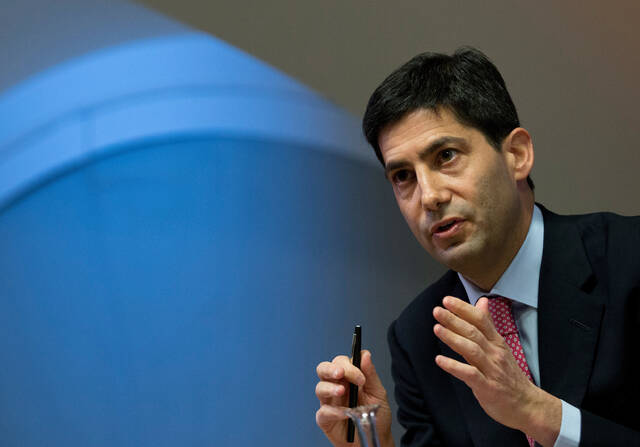Richard Rodgers and Oscar Hammerstein II had it right when they gave us a lesson in song back in 1949.
“You’ve Got to Be Carefully Taught” was an admonition about racism and hatred.
“You’ve got to be taught to hate and fear. You’ve got to be taught from year to year. It’s got to be drummed in your dear little ear. You’ve got to be carefully taught,” the young Marine lieutenant sings.
But hate and fear are not the only things that require instruction. Sure, there’s reading, writing and math — and other important things like civics and media literacy. On a related note, we have to learn how to talk to one another, too.
Pennsylvania Western University (PennWest) is offering a class at its California, Clarion and Edinboro branches to teach college students how to communicate with each other constructively.
“It creates space for students to explore differing viewpoints, practice respectful dialogue and develop the skills to listen, reflect and respond with empathy and critical thinking. Especially in today’s polarized climate, these experiences are essential,” said James Fisher, interim provost and vice president for academic affairs at PennWest.
That’s good for college students, whose academic careers require them to develop their ideas and challenge themselves to find ways to express them. But it’s a vital skill rapidly disappearing in our public and private exchanges.
This isn’t just something we need in case we don’t agree. It’s absolutely critical for when — not if — we don’t.
People are putting their words out in videos and social media posts and shouting them on street corners in a bigger and louder way than any other time in human history. At the same time, it seems as though there is less actual communication than ever before.
To truly have a discourse — civil or otherwise — requires not just two people or two positions. It demands an ebb and flow of conversation. It isn’t just talking. It isn’t using the time the other person is speaking to plan your next pithy assault. It is listening. It is considering. It is conceding when points have been made and giving ground when appropriate.
We do not do that anymore. Even people who are viewed as skilled debaters on the public stage do not debate. They bullhorn. They steamroll. They view concession as weakness rather than as a vital part of the process. In short, they view discourse as a battle to be won rather than a bridge to be built.
PennWest is to be commended for its attempt to teach students what might be the most important life skill they could learn.
Now how do we get everyone else to learn it? There is a whole world out there that needs to be carefully taught how to talk to each other.








